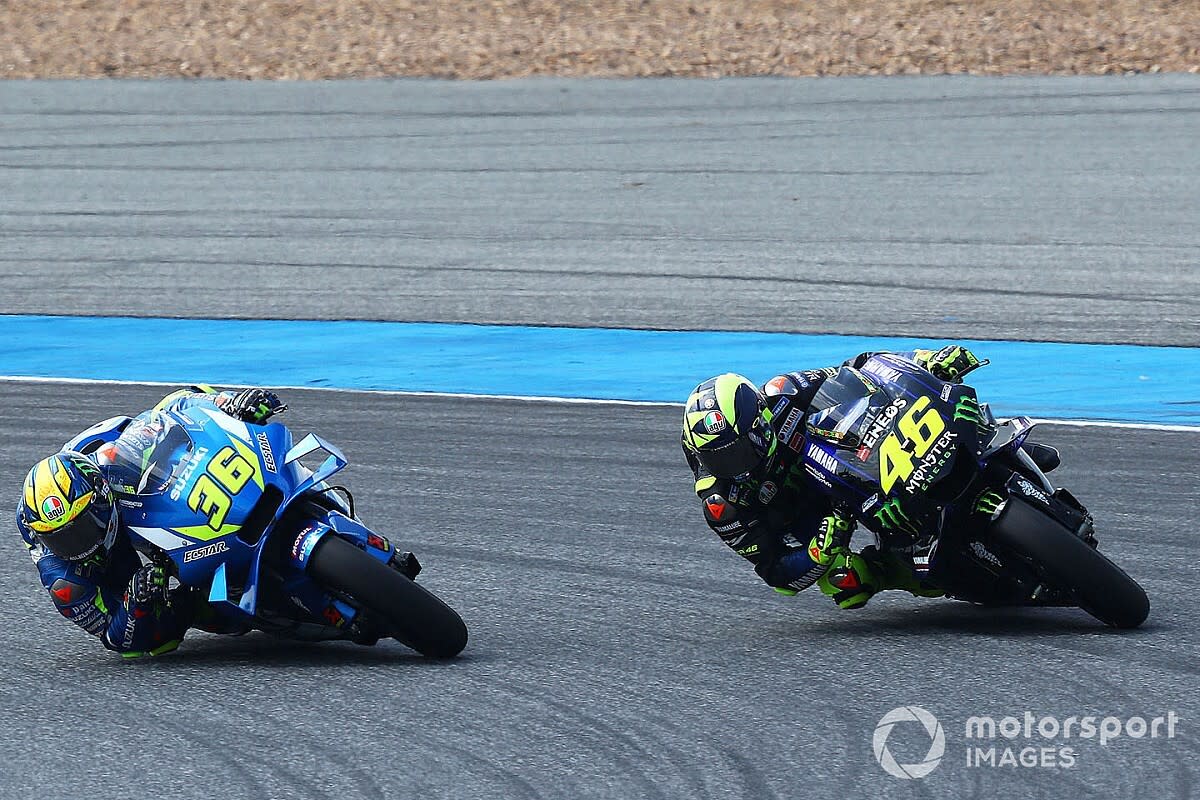At the two-minute warning of Sunday’s NFC Championship Game, the Buccaneers had the lead and the ball, with second-and-1. The Packers made a smart decision: They intentionally jumped offside, figuring it’s easier to stop a team from picking up a first down and running the clock on first-and-10 than on second-and-1.
Because it was a smart decision by the Packers, the Buccaneers should have declined the penalty. They didn’t, but if they had, it could have triggered an unusual rule in the NFL.
If the Buccaneers had declined the offside penalty, the Packers might have committed another penalty. The Buccaneers cold have declined that, and then the Packers could have committed another. All this would have been happening without the clock running. So what happens if one team keeps committing penalties and the other team keeps declining? How does the game keep going?
The answer is a rule that is almost never applied, called a “palpably unfair act.”
If one team continues committing penalties in a situation like this, the referee has broad authority to enforce the palpably unfair act rule and do whatever he thinks would be fair. For instance, a team committing penalties over and over again to keep the clock from running might be warned that if they don’t stop it, the ref will just take 40 seconds off the clock himself. And then if they commit another penalty after that, the ref would take that time off the clock.
Palpably unfair acts are extremely rare, but they do happen. The most famous example at any level of football came in the 1954 Cotton Bowl, when Dicky Moegle of Rice had the ball and was in the clear running down the Alabama sideline when, Tommy Lewis of Alabama jumped off the bench, ran on the field and tackled Moegle. Under the letter of the rule, that would have been illegal participation, a five-yard penalty, but the referee decided to call a palpably unfair act and award Rice a touchdown.
Presumably, Sunday’s NFC Championship Game never would have come close to a palpably unfair act. If the Buccaneers had declined the penalty, the Packers probably would have accepted that their strategy didn’t work. If the Packers had tried to keep doing it, the referee would have warned head coach Matt LaFleur to knock it off, and only if the Packers had continued committing penalties after the warning would the referee have taken the highly unusual step of calling a palpably unfair act.
Packers’ intentional penalty could have triggered an unusual rule originally appeared on Pro Football Talk







